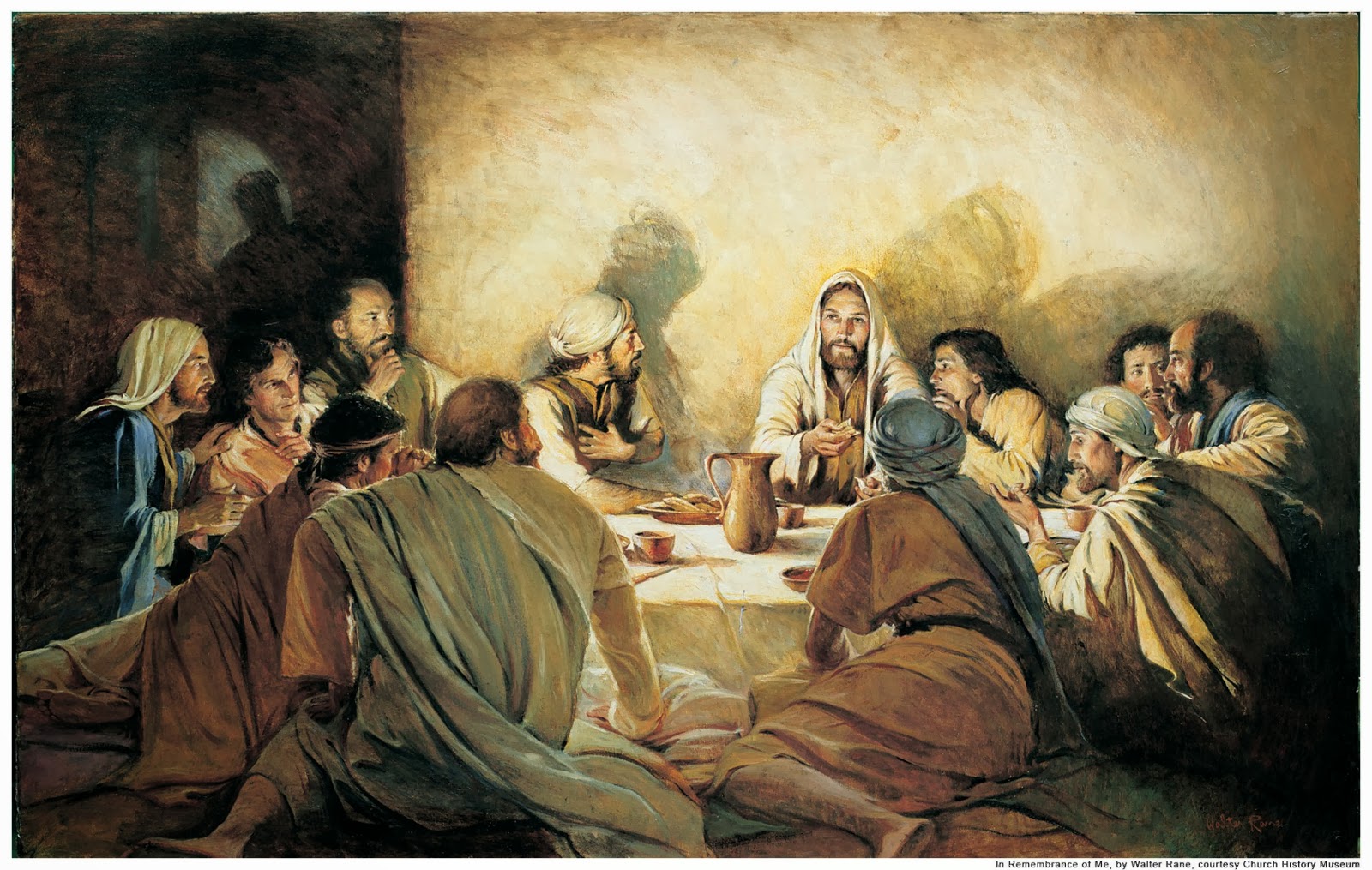As a child, I was taught to give God my best. We wore our “Sunday clothes” to church, made sure our hair was clean and shiny, and polished our shoes on Saturday night so they would sparkle on Sunday. All six of us children were given money for Sunday School, at least until we started helping Daddy with a job, then we took tithe off our meager earnings. We were taught to honor God with our best.
The hymn “Give of Your Best to the Master” by Mrs. Charles Barnard sums up my understanding that God wants and deserves my best. The third verse begins with “Give of your best to the Master, naught else is worthy His love. He gave Himself for your ransom, . . ..”
Jesus gave His all for me. He is certainly worthy of my best in return. Furthermore, God commanded that sacrificial animals be spotless. Without blemish. The best.
As a child, I learned to only give my best to my Lord.
And then I learned the rest of the story.
While reading the laws about sacrifices, have you noticed that God never asked for T-bones or filet mignons? He didn’t even ask for hamburger. Instead, he asked for the fat.
In Leviticus 4, when instructing the priest about how to atone for their sin (v. 3), God told His priests to take a young bull without blemish, and “he shall take from it all the fat of the bull as a sin offering. The fat that covers the entrails and the fat which is on the entrails, the two kidneys and the fat that is on them by the flanks, and the fatty lobe attached to the liver above the kidneys, he shall remove . . .; and the priest shall burn them on the altar of the burnt offering” (Lev. 4:8-10).
The fat! Why fat? And why entrails, kidneys, and liver? Furthermore, why would He specifically want the fat around them?
After all, the entrails (intestines) handle our wastes, making them the least desirable organ. A primary duty for both the liver and kidneys is to filter wastes and toxins from the body.
The intestines, liver, and kidneys don’t fit my general definition as desirable, much less the “best” part of the body. But God also asked for the fat that’s around them. Unlike the kidneys and liver, fat doesn’t filter toxins—but it does store them so they don’t roam freely throughout the body, creating disaster.
As I type, a line from a hymn keeps playing in my mind, “Give of your best to the Master.” The best? The fat, entrails, kidneys, and liver of the sacrificial animal? The toxins? Is that our best?
There seems to be a disconnect, until you realize the Old Testament gives a foreshadowing of the New. When we surrender to Jesus, giving our lives to Him, we bring our toxins, the things that make us sick and that separate us from Him. In other words, our sin. When we offer our toxins to Jesus, He cleanses and makes us new.
God not only receives such offerings in place of the choice cuts of meat, but He calls them “an offering made by fire, a sweet aroma to the Lord” (Lev. 3:5, 16). A sweet aroma? Our toxins are sweet to Him, because sin separates. We cannot enjoy close fellowship with Him when we are hoarding toxins.
If we hang onto our toxins as we give God our best (and think highly of ourselves for doing so!), we’re rejecting His salvation and sweet fellowship.
If we want a victorious life of joy, peace, and grace, we need to be open with God about our transgressions and shortcomings. He is waiting for our fat.
If God loves our fat, does that mean He doesn’t want our best? What about the Sunday clothes and shiny shoes? Does our outward presentation matter to Him? What about our serving?
The closing lines of “Give of Your Best to the Master” give answer to that question. They say, “Give Him your heart’s adoration. Give Him the best that you have.”
Our best is our heart. If we adore Him, if He has our heart, we won’t withhold anything from Him. We’ll offer up our sins and weaknesses gladly out of our love for the Lord.
One way of expressing love is to look your best for the one you love, and that choice can grow out of love. The motivation can be to glorify the Lord. In that case, I feel sure He is pleased.
However, He is most concerned about the heart. A more sure sign of our love for the Lord is obedience. Our best effort at giving our “best”–whether that be Sunday clothes or singing in the choir–is of naught if it is not accompanied by obedience.
However, as we look at God’s love for fat, the greatest indicator of our love for Him might be our willingness to offer up to Him all of our fat. It could involve being totally transparent concerning our sins and shortcomings, keeping nothing from Him. After all, only then can we truly enjoy fellowship with Him.
I believe that’s why God loves the fat, and that it is a sweet-smelling aroma to Him. When we surrender our fat to Him, we can draw near to His heart, with nothing interfering. Then our other efforts at giving our best will also be acceptable to Him.
 nd His disciples sat around their final Passover meal together, Jesus took
nd His disciples sat around their final Passover meal together, Jesus took  At Christmas, we celebrate the birth of Jesus, the son that our heavenly Father gave up. As I pulled the letters for the sign, I began to think about what it takes to give a son.
At Christmas, we celebrate the birth of Jesus, the son that our heavenly Father gave up. As I pulled the letters for the sign, I began to think about what it takes to give a son.